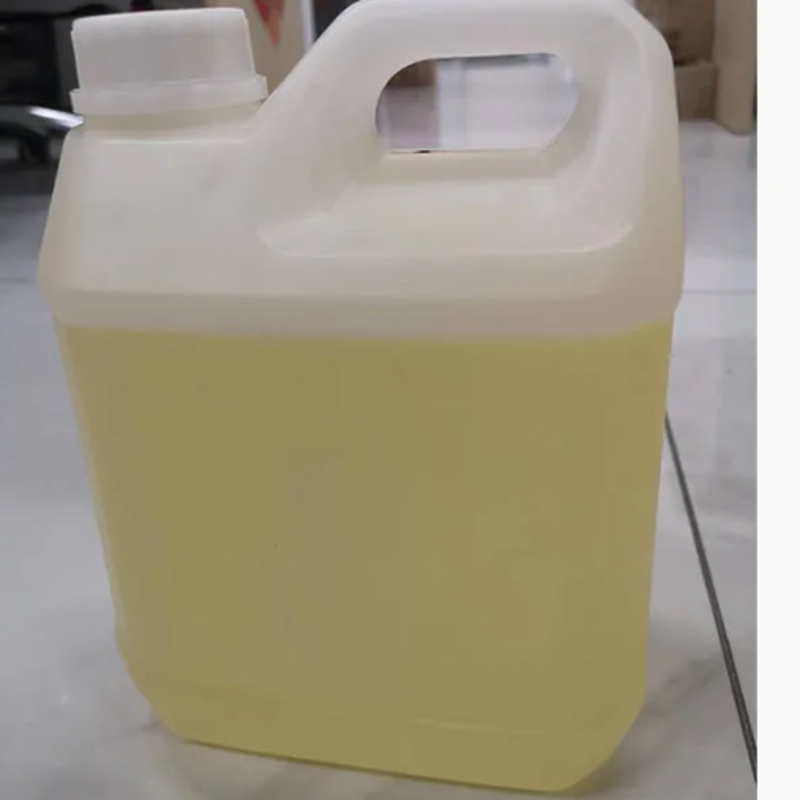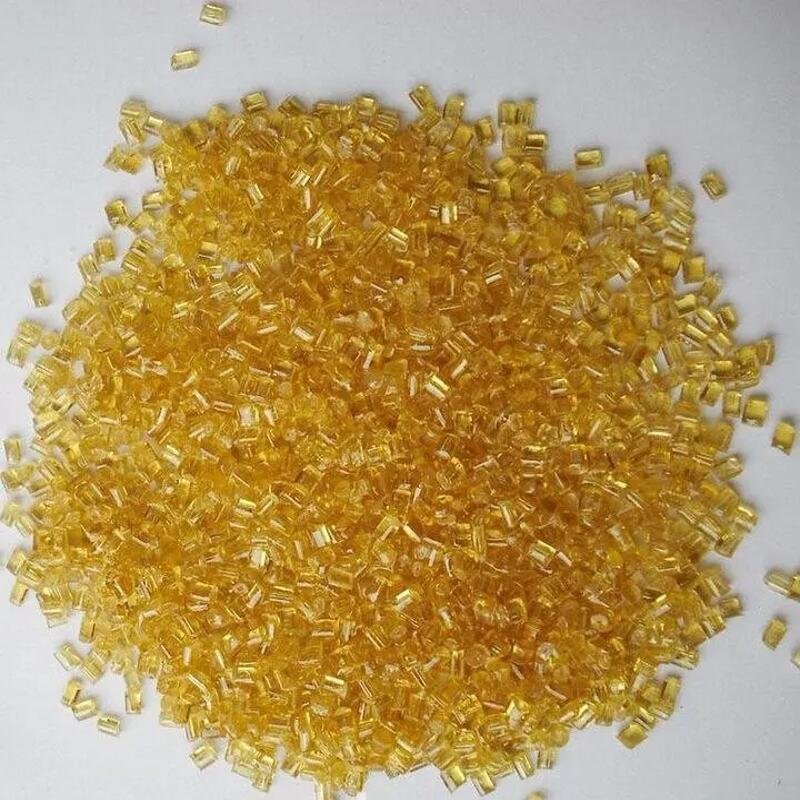-
Categories
-
Pharmaceutical Intermediates
-
Active Pharmaceutical Ingredients
-
Food Additives
- Industrial Coatings
- Agrochemicals
- Dyes and Pigments
- Surfactant
- Flavors and Fragrances
- Chemical Reagents
- Catalyst and Auxiliary
- Natural Products
- Inorganic Chemistry
-
Organic Chemistry
-
Biochemical Engineering
- Analytical Chemistry
-
Cosmetic Ingredient
- Water Treatment Chemical
-
Pharmaceutical Intermediates
Promotion
ECHEMI Mall
Wholesale
Weekly Price
Exhibition
News
-
Trade Service
From February 28 to March 2, the resumed fifth session of the United Nations Environment Assembly (the first session will be held in February 2021) was held in Nairobi, the capital of Kenya.
As the highest-level decision-making mechanism for world environmental issues, the conference focused on Focus on topics such as plastic pollution, green recycling and chemical waste management
.
The meeting discussed the formulation of the first global agreement to address the plastic crisis and the adoption of a legally binding Resolution to End Plastic Pollution (Draft)
.
The resolution states that an intergovernmental negotiating committee will be established to reach an internationally legally binding agreement by 2024, covering the entire life cycle of plastic product production, design, recycling and disposal
.
Anderson, executive director of UN Environment, said that this is the most important international multilateral agreement since the 2015 Paris Agreement, and it can be regarded as an important moment in the annals of history
.
At present, plastic pollution has become the focus of global environmental pollution after climate change
.
.
According to the 2021 report of the United Nations Environment Programme, from 1950 to 2017, about 9.
2 billion tons of plastics were produced globally, of which the recycling rate of plastics was less than 10%, and about 7 billion tons became plastic waste.
It is estimated that by 2040, the global About 710 million tons of plastic waste will be abandoned into the natural environment every year, and plastics account for up to 80% of marine waste
.
Although environmental protection organizations' praise for plastics has been declining, it has to be admitted that in the more than 100 years since the advent of plastics, it has made great contributions to industrial progress by virtue of a series of advantages such as light weight, good stability and strong plasticity.
Many scientists Because it has won the Nobel Prize, its cheap and durable characteristics have also brought a lot of convenience to people's lives
.
But on the other hand, the criticized defect is that it is difficult to degrade naturally
.
.
As a chemical product extracted from petroleum or coal, waste plastic bags will not rot if buried in the ground for 200 years.
If they remain in the soil, they will destroy the permeability, make the soil compact, affect the normal growth of plants, and pollute the groundwater.
If the animal eats it by mistake, it may even cause its own digestive tract obstruction and death
.
It is not a good idea to choose incineration.
Plastics contain chlorine.
After being heated, a large amount of toxic carcinogens such as dioxins and polychlorinated biphenyls will be produced, which will cause diseases of the respiratory system.
If pregnant women live in an environment containing a certain amount of dioxins, In severe cases, it may lead to the risk of miscarriage or fetal malformation
.
What to do with plastic has always been a worldwide problem
.
China tackles plastic crisis
Since 59% of the white pollution comes from packaging and agricultural film plastic products, and China is both a big producer and consumer of plastic products and a big agricultural country, the plastic crisis has always been the highlight of domestic environmental governance.
Obvious over-coding can be seen
.
In January 1999, the State Economic and Trade Commission issued the "Catalogue of Elimination of Outdated Production Capacities, Processes and Products (First Batch)", which stipulated that the production and use of disposable foam plastic tableware should be completely banned before the end of 2000.
It is the first document in China.
Policies restricting the use of plastic products
.
In January 2008, the General Office of the State Council issued the "Notice on Restricting the Use of Plastic Shopping Bags for Production and Sales", stipulating that retail places of goods should not provide plastic shopping bags for free, and a paid use system was implemented, which officially opened China's "Plastic Restriction 1.
0".
times
.
Over the years, the use of plastic shopping bags in formal supermarkets has been visibly reduced.
Although the price of shopping bags is only a few cents, the change from free to paid has made a key change in people's attitudes
.
Although the price of shopping bags is only a few cents, the change from free to paid has made a key change in people's attitudes
.
However, with the emergence of new formats such as express delivery and takeaway, the increase in various types of plastic packaging has made the implementation of the first version of the " plastic restriction order " far less effective than expected
.
Data from the National Bureau of Statistics shows that in the ten years from 2008 to 2018, the annual output of plastic products continued to grow positively.
Although the growth rate slowed down, the cumulative growth of plastic products still exceeded 70 million tons in 2014
.
In January 2020, the upgraded version of the "Plastic Restriction Order" was released, and the "Opinions on Further Strengthening the Control of Plastic Pollution" proposed a series of policy measures, clearly including non-degradable plastic bags, disposable plastic tableware, express plastic packaging, etc.
The scope of plastic products used, and establish a long-term mechanism to control plastic pollution
.
In July of the same year, nine departments jointly issued the "Notice on Solidly Promoting Plastic Pollution Control" to further consolidate responsibilities
.
This enhanced version of the plastic restriction order regulates the entire process of production, circulation, consumption, and recycling.
The region also starts from the provincial capital and large cities, and then gradually implements it to the prefecture-level, county-level, and farmers' markets, especially the organic combination.
The three aspects of prohibition, restriction and substitution have systematically managed the pollution of plastic products, not only prohibiting and restricting, but also taking into account alternatives, emphasizing advanced technologies such as recyclable recycling, which is more practical and feasible
.
In July 2021, the National Development and Reform Commission issued the "14th Five-Year Plan for Circular Economy Development", which requires scientific and rational promotion of the reduction of plastic sources, and strictly prohibits the production of ultra-thin agricultural mulching films and daily chemical products containing plastic microbeads that endanger the environment and human health.
products, and encourage the public to reduce the use of single-use plastic products
.
In-depth assessment of the resource and environmental impacts of various plastic substitutes in their entire life cycle
.
Adjust measures to local conditions, actively and steadily promote degradable plastics, improve the standard system, improve inspection and testing capabilities, and standardize application and disposal
.
It can be said that every major policy drive increases the demand for degradable plastics
.
Huaan Securities predicts that by 2025, the demand for degradable plastics in China will reach 2.
38 million tons, with a market size of 47.
7 billion yuan; by 2030, it is estimated that the demand for degradable plastics in China will reach 4.
28 million tons, with a market size of 85.
5 billion yuan.
huge
.
The historic launch of the "Global Plastic Restriction Order" by the United Nations General Assembly will undoubtedly accelerate the technological iteration of the material market.
It is a good thing to look forward to for R&D and manufacturing companies that manufacture plastic substitute products, and the broad market outline will be traced.
become more and more clear
.







